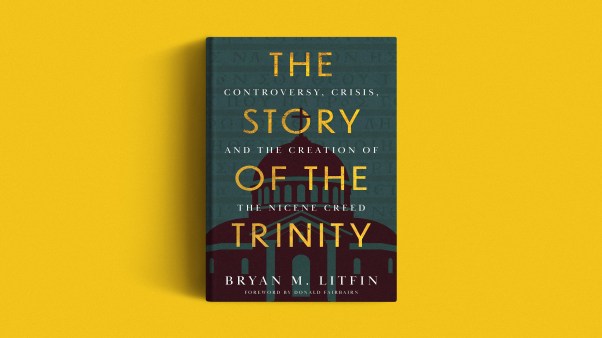In Born Believers, Justin Barrett summarizes multiple studies and outlines their support for the argument that humans are born with an inherent, natural predisposition toward belief in gods, or supernatural agents. The day I picked up this book was the day my wife gave birth to our third child. Barrett would say that I was born with a natural propensity to perceive these co-occurring events as being orchestrated by a supernatural agent rather than as a product of chance. As a Christian parent, I want to believe him.
The final chapter was the most useful for this father of three. Here, Barrett suggests practical ways to develop a child’s faith in God based on the empirical research he has presented. This chapter contains the practical application I was hoping for more of throughout the book. Barrett seems to have tried to address two quite distinct audiences at the same time: academics and parents. I would like to see Barrett re-organize this book into two separate works for these target audiences, which would give him the freedom to expound on methodology for academics and application for parents.
Part 1 of Born Believers presents a thorough description of research methodologies—perhaps too thorough for the lay reader. In fact, the descriptions of the studies’ methods were more than enough to conceptualize the research but (for Barrett’s fellow academics) just enough to whet the appetite, leaving an unfulfilled desire for an adequate account of how the researchers controlled for confounding variables. (Language is one of the possibly confounding variables not addressed in Barrett’s presentation of the research. He fails to address how the limitations of vocabulary—especially during the development thereof—could have affected the findings, and thus his entire conceptualization of natural belief.)
Despite such limitations, this book is an excellent starting point for anyone who finds the topic interesting. Barrett’s anecdotes of children who hold on to the concept of God with fervor—even though their parents are atheists and have never taught them about God—are particularly compelling. Moreover, it is impossible to read this book without walking away with a firm concept of theory of mind and how it is of primary importance in research related to children’s ability to conceptualize God. Also, Barrett provocatively critiques several of Piaget’s developmental conclusions with regard to the child’s mental capabilities. Born Believers makes a good case for a natural propensity for belief in God. This could begin to change how we relate to children and could inspire greater respect from those who think and write about god concepts moving forward.
J. Travis Cross holds a master’s degree in practical theology and is a medical social worker for a home health care and hospice agency.
Copyright © 2012 Books & Culture. Click for reprint information.










